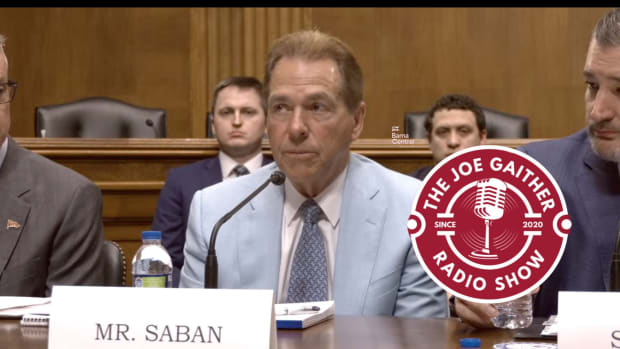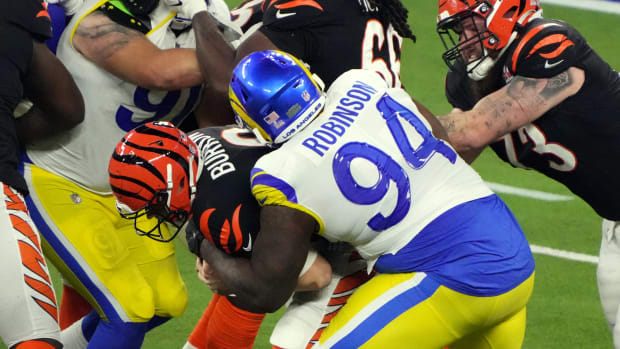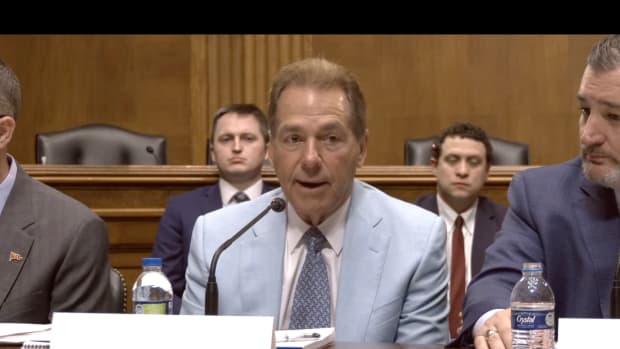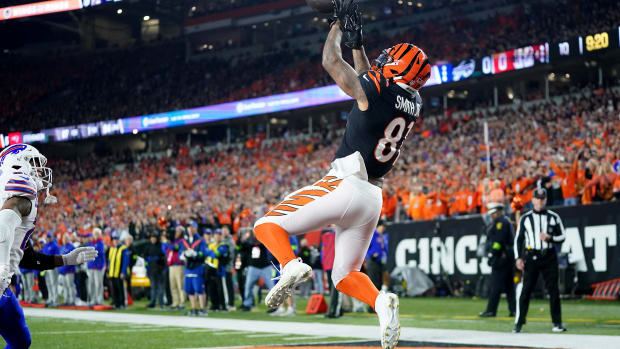Daily Dose of Crimson Tide: Don Whitmire
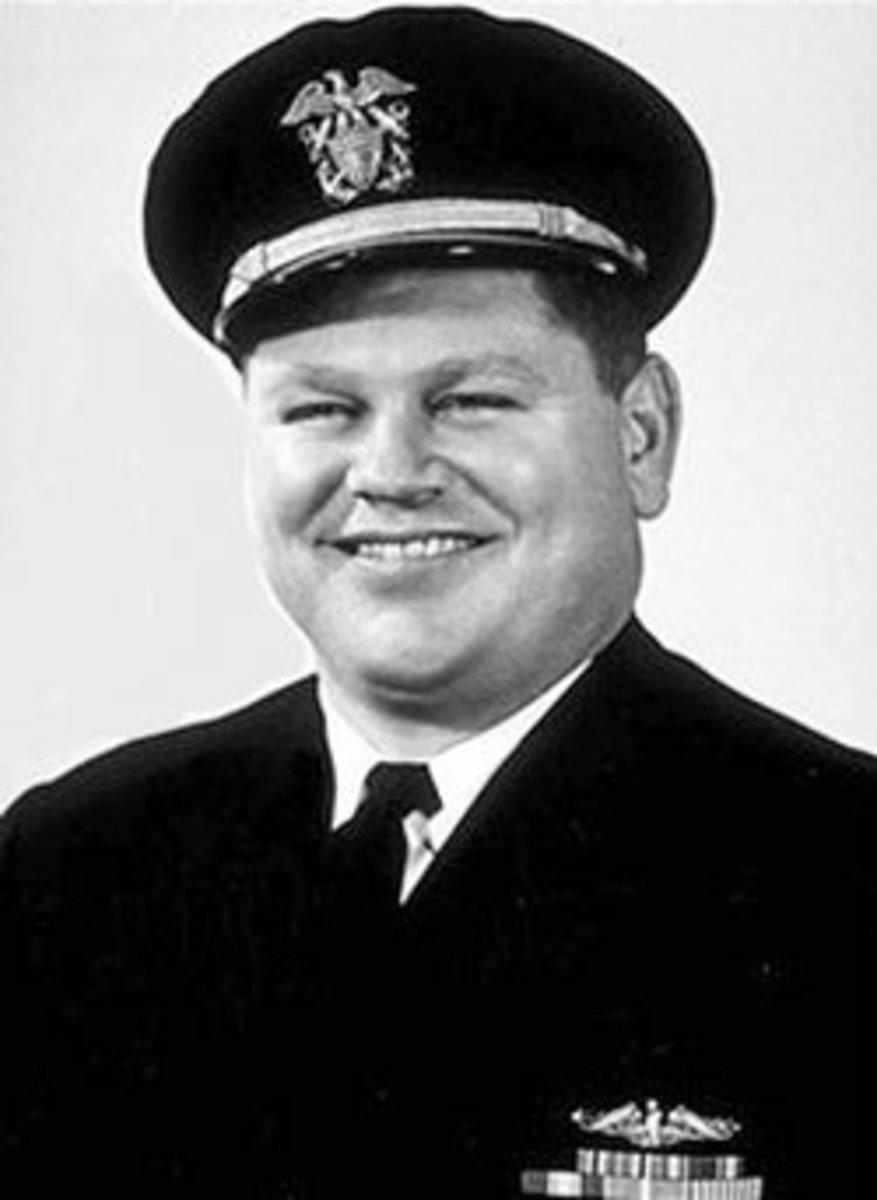
When Don Whitmire played tackle at Alabama in 1941-42, he was a mere 5-foot-11, and 215 pounds, yet playing one of the most brutal positions on the football field.
That first season, the Crimson Tide played in Miami for the first time, and defeated the Hurricanes 21-7 in the season finale to earn an invitation for the Cotton Bowl, where Alabama beat Texas A&M, 29-21. Despite a 9-2 record the Tide was able to claim at least a share of the national championship – its fifth title.
In 1942, one of the Crimson Tide’s losses was to Georgia Pre-Flight, a military institution featuring players from around the country, which served as a foreshadow for Whitmire’s career. At the end of the season Alabama returned to Miami to face Boston College in the Orange Bowl.
Facing a 14-0 deficit, Whitmire was one of the players leading the comeback as the Crimson Tide won 37-21, and fittingly shared the game’s most valuable player honors with his ball-carrying teammates.
Whitmire made only one All-American list that season, but was a consensus All-American in 1943 and 1944 for another program, Navy, which was able to recruit players from other college football programs due to a wartime exemption (incidentally, Alabama couldn’t sport a team in 1943 due to World War II).
Rip Miller, Navy’s line coach, did so for the Midshipmen after spotting Whitmire’s picture in Street & Smith’s football magazine.
Under the direction of Coach Billick Whelchel, the Midshipmen went 8-1 in 1943, with the lone loss to national champion Notre Dame, 33-6. With Oscar Hagberg taking over the program the following year, Navy went 6-3, including a season-ending 23-7 defeat to national champion Army, but the Washington Touchdown Club awarded Whitmire the Rockne Trophy as the nation's best lineman.
During the four years he played college football, his teams compiled a 31-9 record.
Whitmire made an even bigger mark in the military after rising to the rank of brigade commander, the highest rank a midshipman can attain at the Naval Academy.
He eventually became a rear admiral in the U.S. Navy and directed the evacuation of Saigon at the end of the Vietnam War in 1975, which was the largest evacuation in world history, with 82,000 men, women and children escaping.
“Football taught me the virtue of team play and enhanced my leadership qualities,” Whitmire said when he was elected into College Football of Fame. “These traits have been most valuable in my Navy career. Football taught me to take hard knocks and come up fighting.”
Some of this post originated from "100 Things Crimson tide Fans Should Know & Do Before They Die," published by Triumph Books


